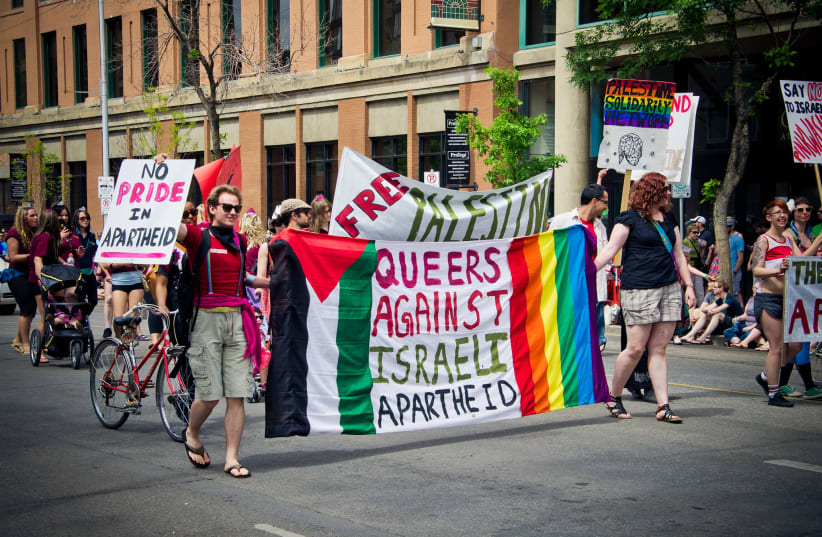Gay conversion therapy’s a problem, but apartheid Israel is just fine - analysis
In classic Netanyahu style, he allowed Peretz’ words on the lack of Palestinian voting rights to hang in the air over the weekend, like a piece of laundry one forgot to take down.
